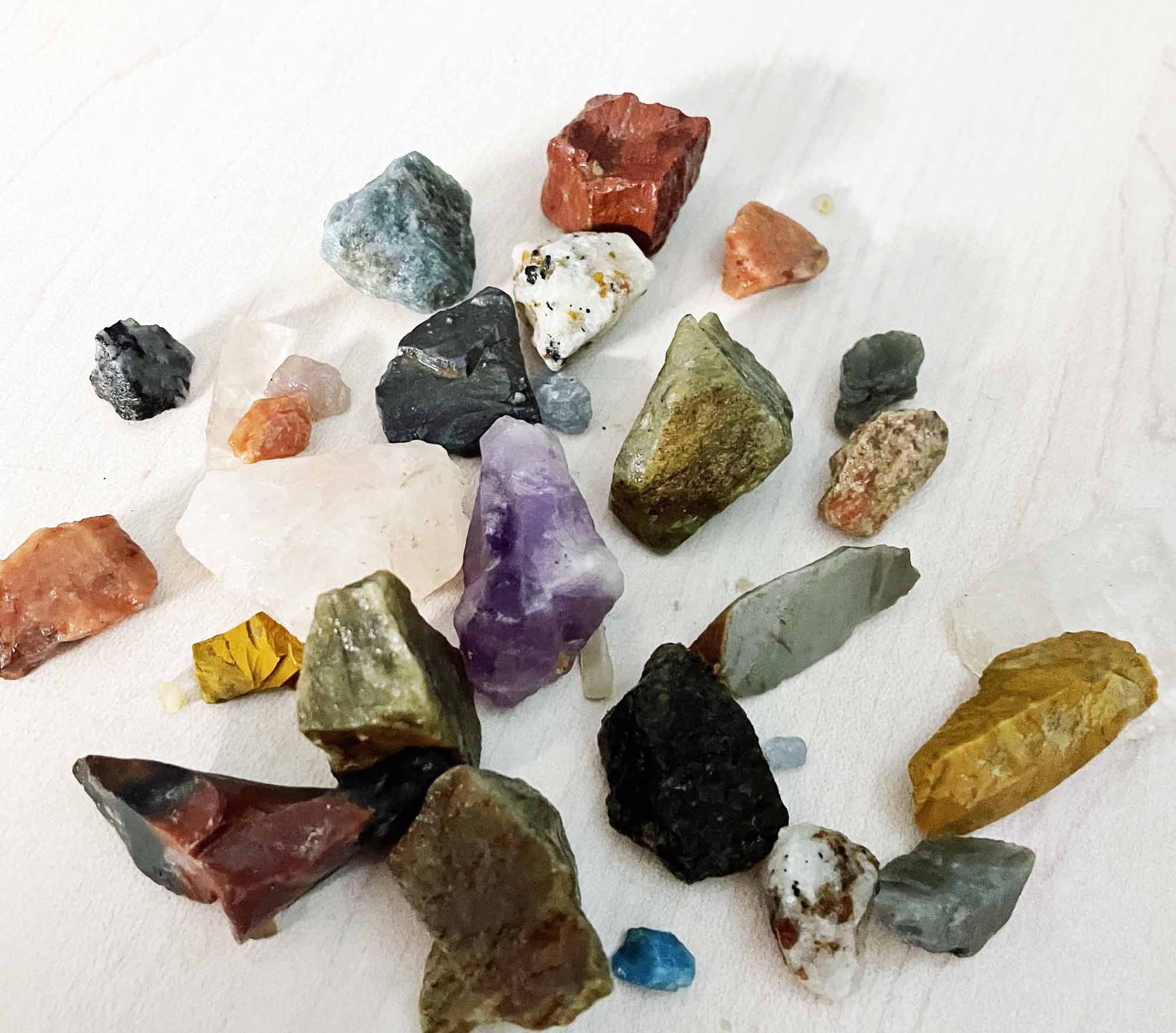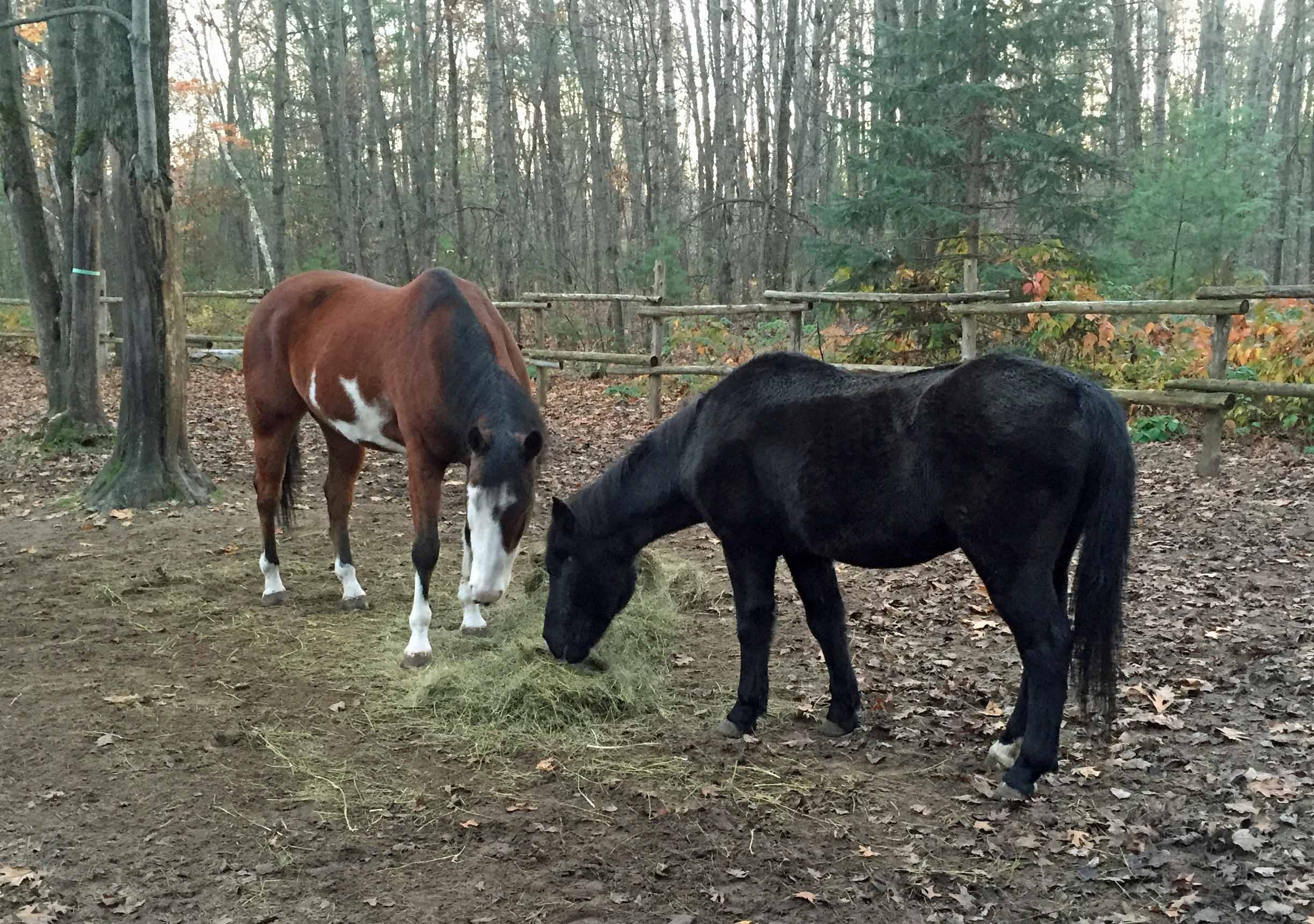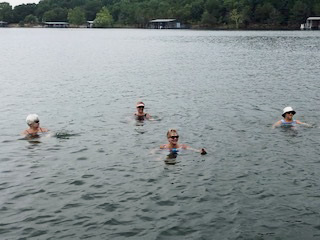Several recent studies have shown readers of fiction books are more compassionate than those who read nonfiction or don’t read. Social scientists have found reading literary fiction increases the capacity of the reader to identify with the the characters of the book, this capacity is known as empathy.
Autobiographies were not included in the study, but they have the same effect on me. I recently read, “A Long Way Gone, Memoirs of a Boy Soldier” be Ishmael Beah. The back cover states, “At the age of twelve, Ishmael Beah fled attacking rebels in Sierra Leone and wandered a land rendered unrecognizable by violence. By thirteen, he’d been picked up by the government army and Beah, at heart a gentle boy, found he was capable of truly terrible acts. At sixteen, he was removed from fighting by UNICEF, and through the help of the staff at his rehabilitation center, he learned to how to forgive himself, to regain his humanity, and finally to heal.”
“A Long Way Gone,” was a book selection for our book club. I was not looking forward to reading about the horror of the Sierra Leone Civil War (1991-2002). Before I read this book, all I remembered about the Sierra Leone war was two minute blurbs on the evening news. I’m grateful I read this book to understand the nature and the impact of these violent African conflicts. It made me think of the horror of Beah’s life and the contrast of his reality to the daily life of my children born at the same time. A central message of “A Long Way Gone” is that war, hatred, and violence consume everything in a society, especially the children. According to the United Nations, there are over 300,000 child soldiers around the world.
Beah not only survived his past but importantly kept his humanity. Thank goodness for UNICEF that not only rescued Beah but also rehabilitated him. (Who knew the dimes and nickels we collected when trick and treating for UNICEF did so much good.) They helped him to forgive himself and to find himself. His passion for bringing a greater understanding to the experiences of child soldiers has since led Beah to his current role as a U.N. ambassador for children affected by war.
After reading this book, I knew I had to do something to help the children. I was totally overwhelmed of what a difference UNCIF made in Beah’s life. I went to the UNICEF page. I found two easy ways to help:
(1) They have an extensive gift store with 10,000 unique items from around the world. If you want to save the world as you shop, click here.
(2) Another option is to give an inspired gift in the name of someone you love. Click here. Each of my grandchildren will have a gift dedicated to them for their birthday. For Violet, my basketball lover, six basketballs will be given, dedicated in her name for her October birthday. I’m so grateful for the joy of grandchildren and the fact that they live in loving environments. I’m hoping the conversation with the soon to be six year old will arise awareness of conditions beyond her home.
To watch a YouTube interview with Ishmael Beah on being a child soldier, click here.
“I was sad to leave, but I was also pleased to have met people outside of Sierra Leone. Because if I was to get killed upon my return, I knew that a memory of my existence was alive somewhere in the world.”
― Ishmael Beah, A Long Way Gone: Memoirs of a Boy Soldier
Staying in Touch: Barbara Hirsh can be reached at info@LiveKinder.com I love hearing your kindness stories. Please sign-up for almost weekly kindness message at www.LiveKinder.com or follow LiveKinder on Facebook!






